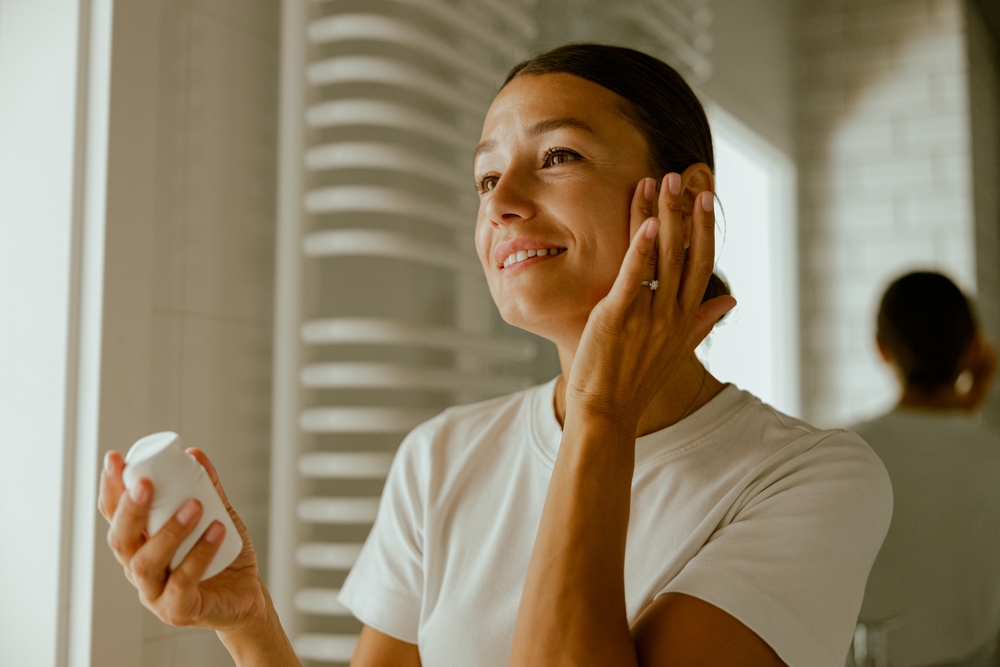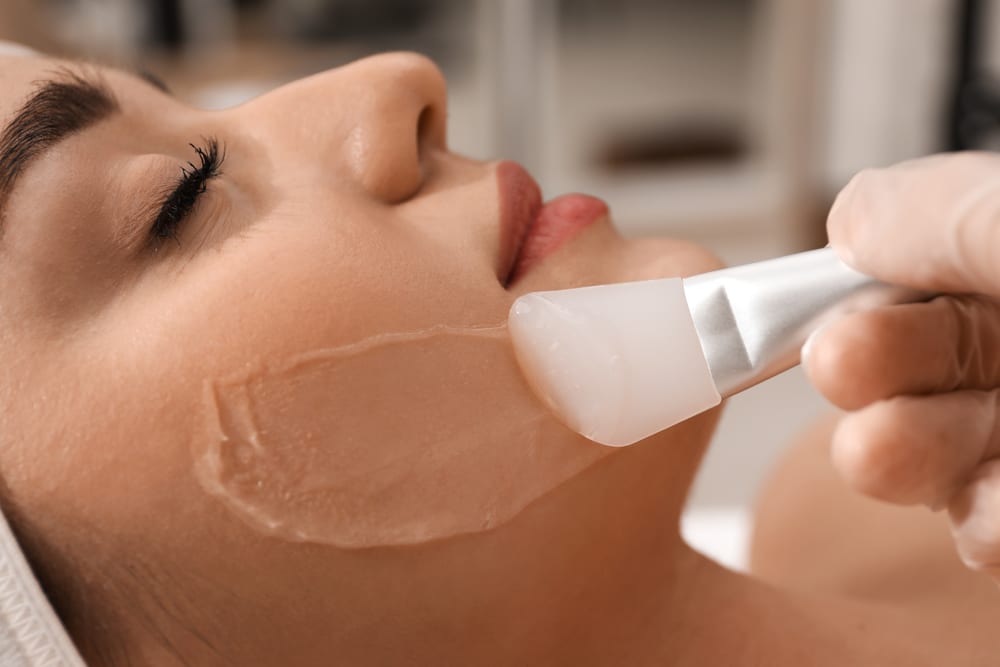
UV Awareness Month: Why Sun Protection Should Be Your Year-Round Priority
Go BackEach July, UV Awareness Month reminds us of the serious risks associated with ultraviolet (UV) radiation and the simple steps we can take to protect ourselves. Let’s dive into how UV exposure affects your skin, how to protect yourself, and the truth behind some common sun protection myths.
What Is UV Radiation?
Ultraviolet (UV) radiation is a type of invisible, high-energy light emitted by the sun and artificial sources like tanning beds. While we can’t see UV rays, they can cause serious damage by penetrating the skin and altering DNA leading to sunburn, premature aging, and even skin cancer.
There are two types of UV rays you need to be aware of:
- UVA (Aging rays): These penetrate deep into the skin and contribute to aging signs like wrinkles and sunspots.
- UVB (Burning rays): These affect the skin’s surface and are responsible for sunburns and increasing the risk of skin cancer.
- To protect against both, it’s important to use a broad-spectrum mineral sunscreen daily.
The Dangers of UV Exposure
Cumulative UV damage happens over time. Repeated and unprotected exposure increases your risk for:
- Sunburn
- Fine lines, wrinkles, and hyperpigmentation
- Eye damage
- Skin cancer
Skin cancer remains the most common form of cancer in the U.S., but it’s also one of the most preventable. UV damage is cumulative, meaning it builds up over time. Starting sun protection habits early in life, and maintaining them consistently, is your best defense.
Common Myths About UV Radiation
Let’s debunk a few misconceptions:
“I don’t need sunscreen on cloudy days.”
False. Up to 80% of UV rays still reach your skin through cloud cover, puting your skin at risk even on overcast days.
“Darker skin tones don’t need sun protection.”
False. While melanin offers some natural UV defense, everyone is at risk for UV damage and skin cancer.
“If I’m wearing SPF, I can’t get sunburned or sun poisoning.”
False. Sunscreen must be reapplied every 2–3 hours, especially after sweating or swimming. For added protection, wear sun-protective clothing and seek shade.
“Chemical sunscreens cause cancer.”
Misleading. This myth is based on outdated studies involving ingredients that have since been banned or regulated. Today’s FDA-regulated sunscreens are thoroughly tested for safety.
“I’m indoors, so I don’t need SPF.”
Partially false. While glass blocks most UVB rays, UVA rays can still pass through windows and contribute to skin damage over time especially if you’re near windows or in a car.
How to Protect Your Skin From UV Damage
The American Cancer Society recommends the following sun safety best practices:
- Avoid sun exposure between 10 AM and 4 PM, when rays are strongest.
- Wear protective clothing: wide-brimmed hats, sunglasses, and lightweight long sleeves.
- Apply broad-spectrum SPF 30+ to all exposed skin—don’t forget your ears, neck, and hands!
- Reapply sunscreen every 2–3 hours, especially after water or sweat exposure.
What To Do If You Get Too Much Sun
Sunburn happens, even to the most careful. If you’ve been overexposed:
- Avoid additional sun exposure until your skin heals.
- Take a cool shower to soothe skin.
- Use calming, hydrating products like aloe vera, thermal spring water spray, or hypochlorous acid spray.
- Avoid anything with alcohol or added fragrance.
- Switch to a mineral sunscreen to avoid further irritation.
- Wear loose, breathable clothing to reduce friction on your skin.
Early Detection Is Key
Regular skin self-exams are your first line of defense. Monitor moles, freckles, and any unusual changes in the skin. Schedule a yearly full-body skin exam with your dermatologist and reach out sooner if you spot anything suspicious.
Year-Round UV Protection Is a Must
Sun safety isn’t just for July. It’s a habit worth keeping all year long. From daily SPF use to sun-protective clothing, the choices you make today can save your skin tomorrow. Encourage your friends and family to adopt safe sun practices.
Protect your skin. Prevent sun damage. And always, #PracticeSafeSun.
Want to learn more about proper SPF use and skin health?
Book a skincare consultation with our licensed aesthetician at Straith Clinic Med Spa. Your skin deserves expert care.



